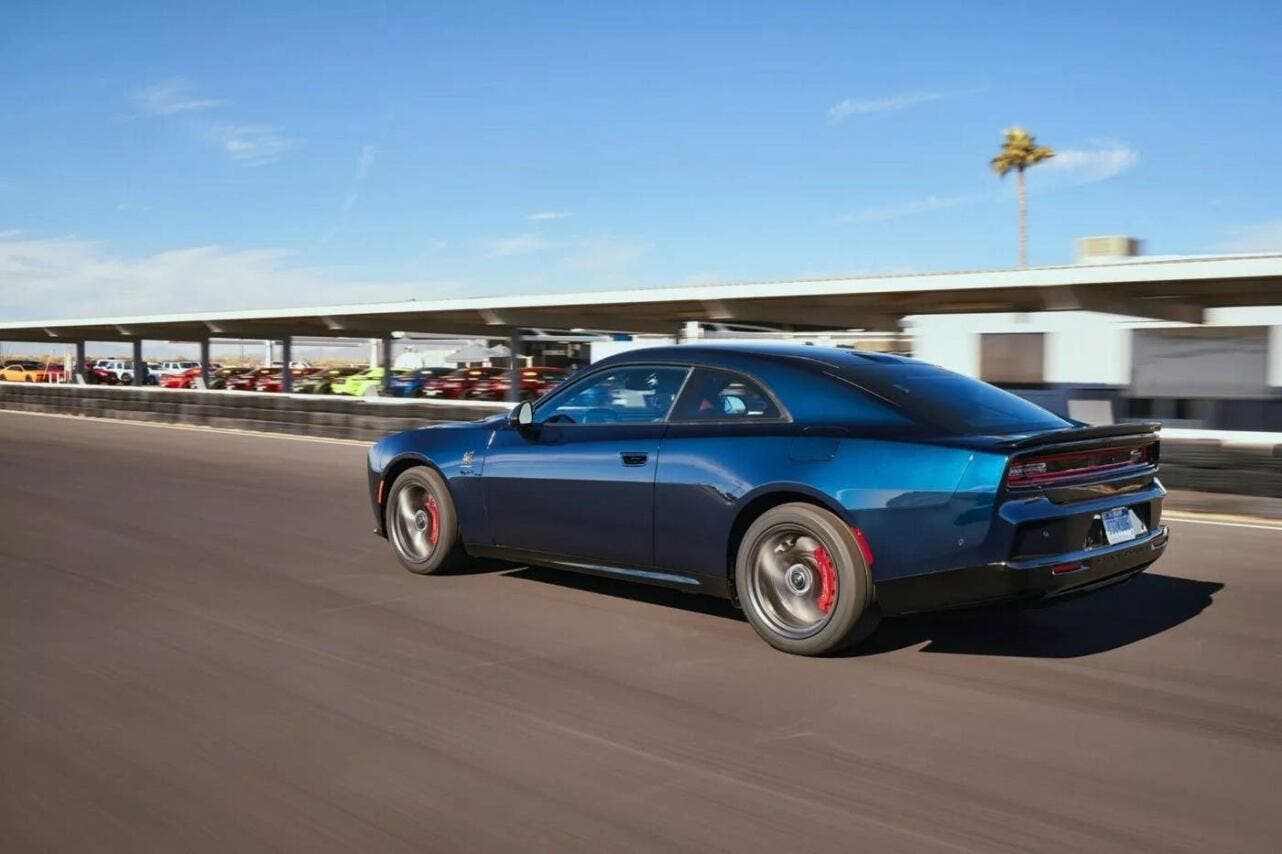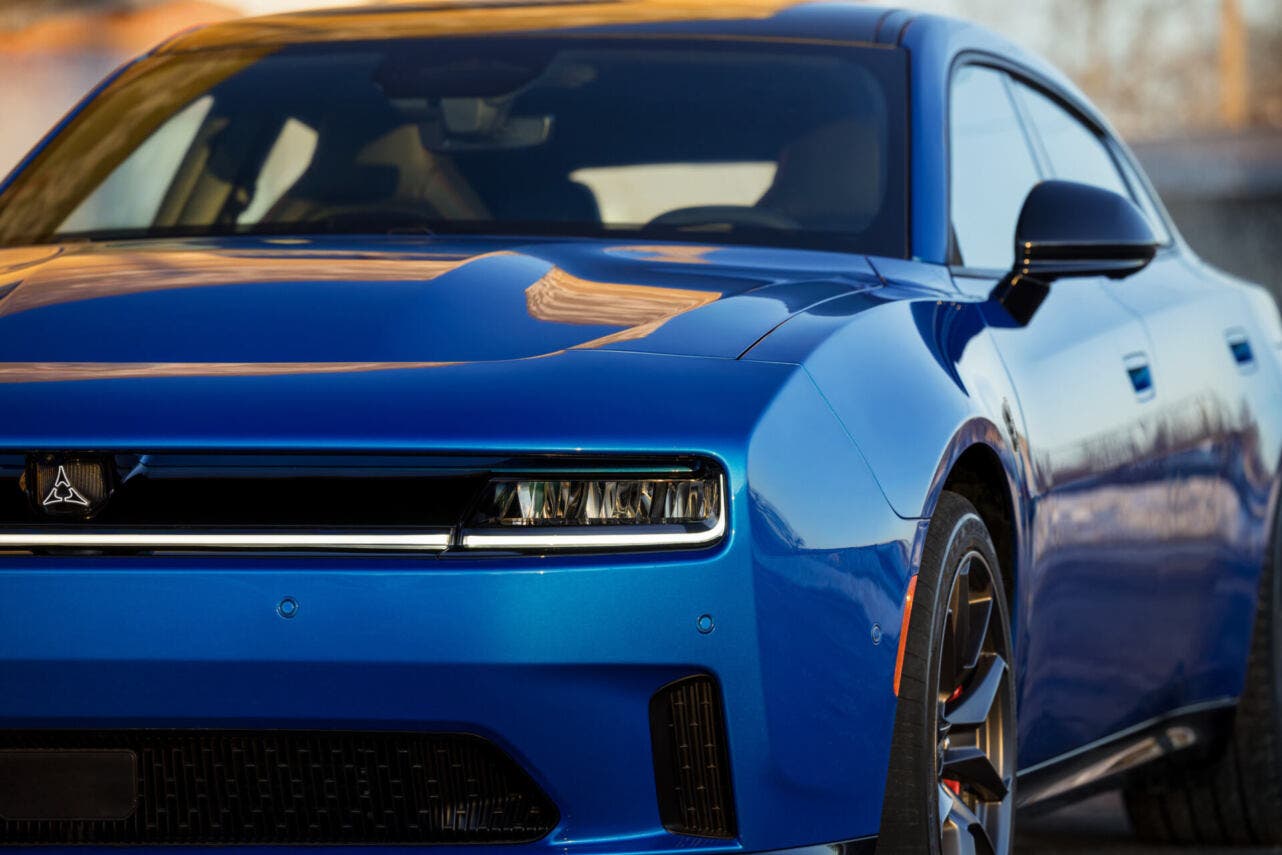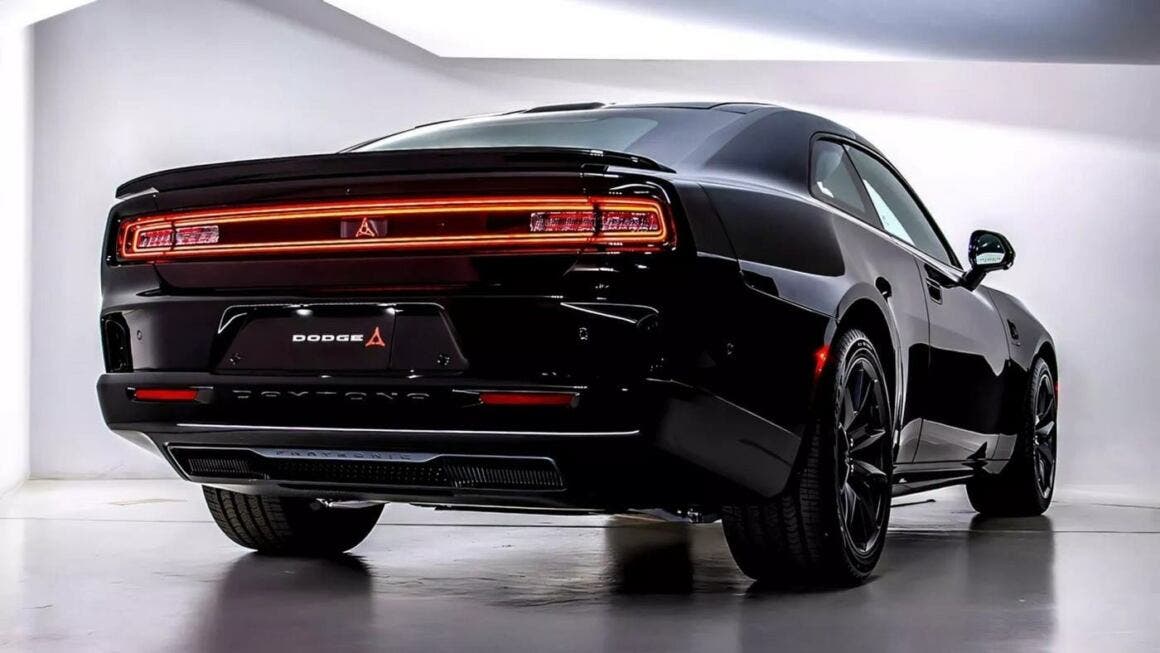The Dodge Charger Daytona, due to its nature as a 100% electric car, doesn’t win over enthusiasts’ favor, who snub it. This translates into very low sales. A real problem for the automaker. As if that weren’t enough, now it faces a recall in the United States. Nothing serious from a technical standpoint, but it still makes news, also because it can create dangers.
Dodge Charger Daytona EV faces recall over missing pedestrian warning sounds

It appears that the affected units don’t emit acoustic warning signals for pedestrians while driving, increasing the risk of unpleasant collisions. The problem, apparently, is attributable to software. The cars affected by the recall are 8,390. These are Dodge Charger Daytonas produced between 2024 and 2025.
While for some people the silent operation of electric cars is an added value, there’s no doubt that using this operating mode cannot come at the expense of pedestrian safety, who must be protected by acoustic warning signals. Without them, some US regulations specific to hybrid and electric vehicles are violated.
The American automaker estimates that 3% of recalled units may have experienced “incomplete software loading.” FCA US began investigating the problem in April of this year. The solution should be relatively simple. With a return to the workshop, just a few minutes will be needed to update the software and fill the gap, reviving the acoustic system, currently inhibited in its amplifiers due to lack of correct inputs. Notifications to owners should be sent by mail on July 10. Obviously, repairs will be free.

This adds a new headache to the already complicated situation of the Dodge Charger Daytona EV, which continues to represent a challenge for the manufacturer, especially on the commercial front. Market demand is extremely limited, and not even the most aggressive promotions have managed to stimulate sales significantly. Everything suggests that, in enthusiasts’ hearts, passion for internal combustion engines and the emotions they convey continues to prevail over electrification ideals, especially when talking about high-performance vehicles.
Sales of the brand’s electric muscle cars are indeed well below forecasts, penalized by lukewarm reception from the target audience. The result is that dealer lots remain full of unsold units, a sign of a strategy that missed its target. Brand executives seem to have underestimated their target’s attachment to internal combustion engines, an identity element for a certain type of clientele.
Now, Dodge executives are evaluating alternative solutions, including introducing new engine options to give the model new momentum. But time is running out, and the race to save the Charger Daytona EV has already begun.
